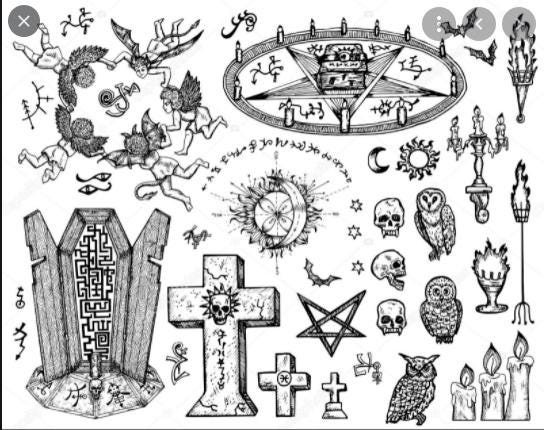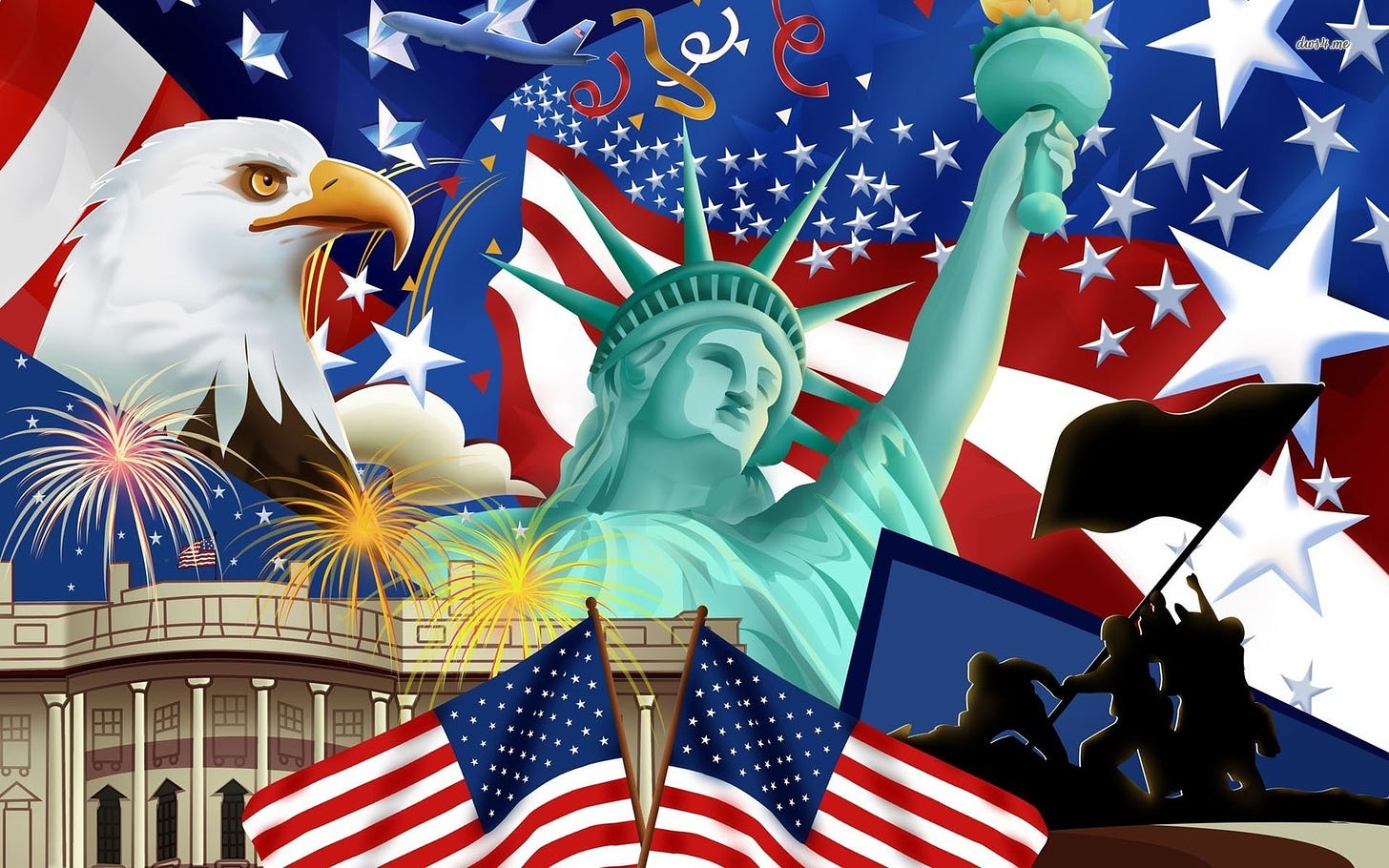At the time I'm writing this, Coronavirus has killed 2.25 million people worldwide and 447 thousand Americans. It took about a year for this to happen.
For comparison, the world's biggest killer heart disease killed 18 million people worldwide last year and 665 thousand Americans. 2nd biggest killer Cancer killed 9.5 million worldwide and 600 thousand Americans.
Causes of death that are a little closer to the virus (give or take half a million deaths) would be diabetes which killed about 1.5 million worldwide and 270 thousand Americans, or digestive diseases which killed about 2.5 million worldwide and 250 thousand Americans.
Let me include a few caveats. We haven't been through a year since Coronavirus first entered the scene yet. And once it did enter the scene of public awareness (March-ish) it took a while for it to get going. Also, this includes all the things the government and people did to reduce the spread. I don't know how many lives were saved by wearing masks and social distancing and reducing travel and shutting down / limiting certain sectors of the economy, but I don't think it's unreasonable to guess that we could have had twice as many deaths or more. By comparing the virus to things like heart disease you might think I'm saying it's no big deal. If you think that, you're an idiot. More on that later.
I also don't know how many of these deaths should count as lives saved vs. merely postponed. If the inevitability is that 50-70% of us gets the virus, if not last year then this year, or next year, then the main value of preventing it last year is in the fact that we didn't let hospitals get overrun by all the people with the virus at the same time. Clearly, not all getting the virus at the same time saves lives, but the difference in lives saved is significantly different depending on whether the counterfactual is getting the virus at different times vs. not getting the virus at all.
Frustrated with people's unwillingness to talk concretely about how bad the virus was, last March I made an overly broad prediction that the most likely scenario is that it kills closer to 1 million worldwide than 100K or 10M. It has killed 2.25 million now which is probably worse than I thought, but definitely within the bounds of what I expected. I said this was "really bad" in contrast to "just bad" or "really really bad" because a second diabetes suddenly emerging is obviously not something we want, it's also not the scariest thing trying to kill you today.
At the time, this all seemed optimistic compared to the smart people I listened to and pessimistic compared to the average person I listened to. Looking back, I probably could have adjusted my expectations to exactly what the smart people I listened to were saying to be more accurate. Instead, I did my own thinking and ended up less accurate.
...
I still feel like this is very much a thing:
-"It's wild to see polarization on Coronavirus. One group's panic seems to be driving another's nonchalance and vice versa. While there is definitely a political overlay, it seems to be something deeper for most people: An instinctive belief that the world is hard to wake up from sleepwalking, or that the world is full of dumb panic." -Michael Dougherty
I don't talk about Coronavirus with people even when they say things I know are wrong, because I know what they say about each other. In some groups you can never be skeptical enough and others you can never be too skeptical.
I know people who remind me to "be safe" because the Coronavirus is very serious. And then some people ask me whether I'm nervous about letting my kids go back to school. It seems like they're very worried about my personal safety, which doesn't make a lot of sense. As I mentioned before, heard disease kills more people than Coronavirus and it selects for the same age bracket (65+), yet nobody is telling me to be careful of heart disease.
Of course, heart disease is not something you can "watch out" for. Heart disease is the result of a long history of life decisions. So a more appropriate comparison might be a car accident. Car accidents don't kill as many people as Coronavirus, but it's more selective for younger males like me. My risk of dying from a car accident compared to my risk of dying from Coronavirus is close enough that I don't know which is actually more likely to kill me. Yet nobody is doing this, "be careful out there" stuff.
I've decided to take their words to only mean, "I care about you". Message received. It's just a shame that they don't care about me enough to allow me to say words I think are true without undesirable social repercussions. Funny how that works.
...
Speaking of things I think are true but can't say, Coronavirus came from a lab.
Probably.
I start by not believing in coincidences, and the fact that the virus originated next to the Wuhan Institute of Virology is a big coincidence. Now you have to argue me out of believing it came from a lab.
Here's the thing, maybe there's some good evidence that it did not come from the lab, but if so I can't find it because the topic is smothered in stupid bullshit.
"The lab leak hypothesis is a racist conspiracy theory"
"Trump said suggested it came from a lab"
"All the experts all say it came from a wet market"
To the people saying these things, if you would kindly shut up so people with real evidence can have their voices heard that would be greeeat.
Currently,
betting markets have,
"Credible claim by 2024 that COVID-19 likely originated in a lab?" at 17%. Here's the thing, if it did come from a lab I'm not sure that A) we find a smoking gun and B) one of the listed public health agencies say so rather than just ignore it.
...
Vaccines are being rolled out and nobody is doing it better than Israel.
The United States is doing better than most but could be doing a lot better. And I do think more vaccines faster is better.
I don't think anyone who is nervous about getting a vaccine is a stupid idiot or anything. The truth is we don't know the long-term effects of the vaccine. We haven't had enough time to possibly do that. But any risks have to be compared to the risk of the virus. The vaccine would have to be pretty bad to be worse than Covid-19. Will the vaccine kill a million people? Because it would have to do a lot worse than that to outweigh the damage Covid-19 will do without it.
Besides, what are we going to do? Let the pandemic continue on for five more years and then check in on the test group to see how they're doing?
It might be rational for you as an individual to wait. You could let others take it and then see how they're doing later while you get the assurance that the vaccinated people around you won't infect you with the virus. But I'm not of the mindset that I'm a better or worse guinea pig than anyone else. As much as I'm biased in favor of myself, I'm a less than average productive member of society so I'm probably a better than average guinea pig.
Here's a bet: Will Coronavirus take more lives in 2021 than in 2020? I'm saying yes. I'm tempted to say twice as many. Largely because last year Corona didn't really get going until April last year, and then it stayed at about 6,000 deaths a day and it stayed that way until October. And now to start the year we're at twice as many deaths per day and at the rate at which countries are rolling out vaccines a substantial portion of the population won't be vaccinated until we're already through most of the year.
Actually, yes. I'll predict 4 million deaths in 2021. That's more than twice as many deaths than 2020 in the same year we introduce the vaccine. Let's check back in a year to see how this does. See you there.













